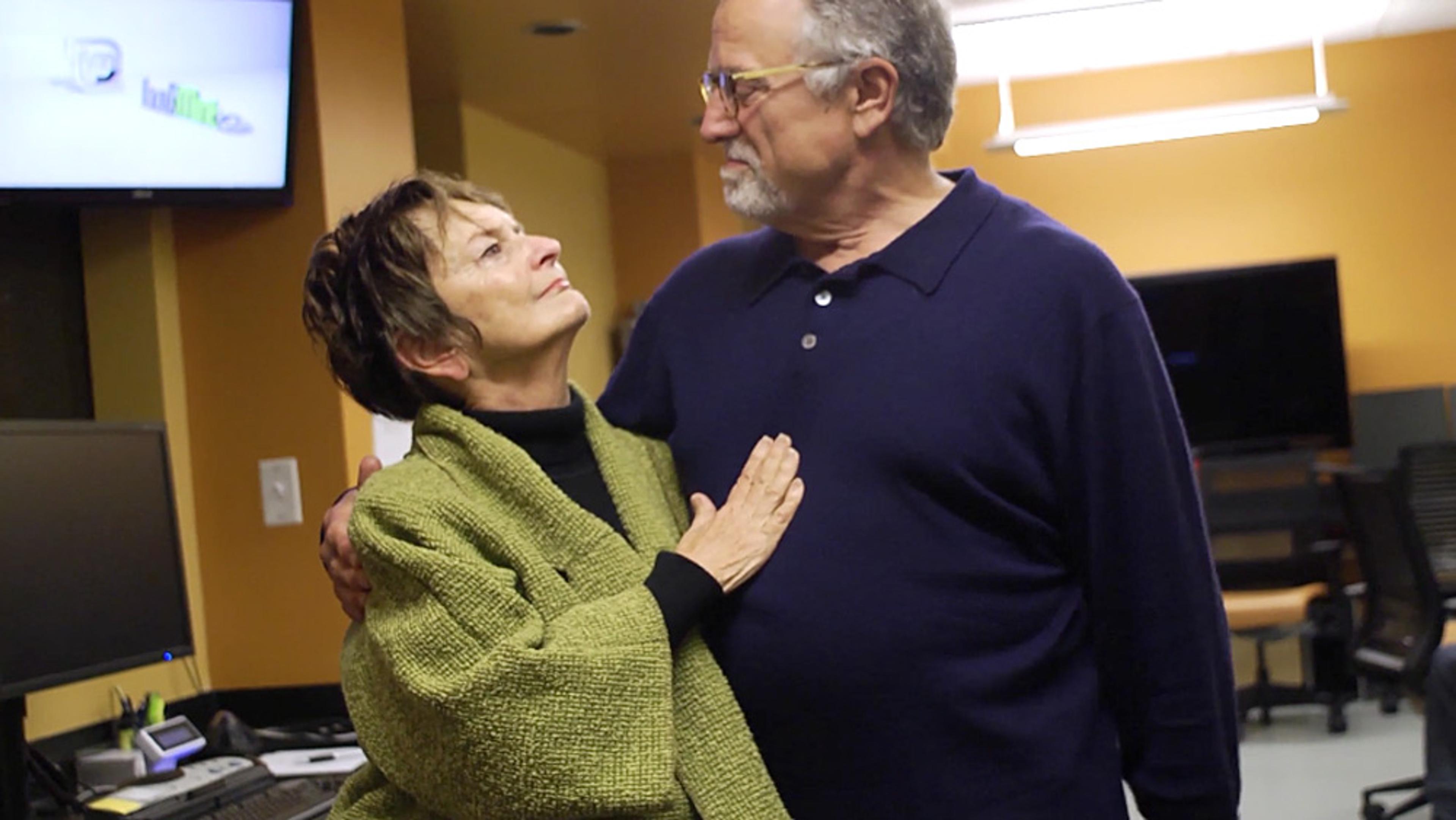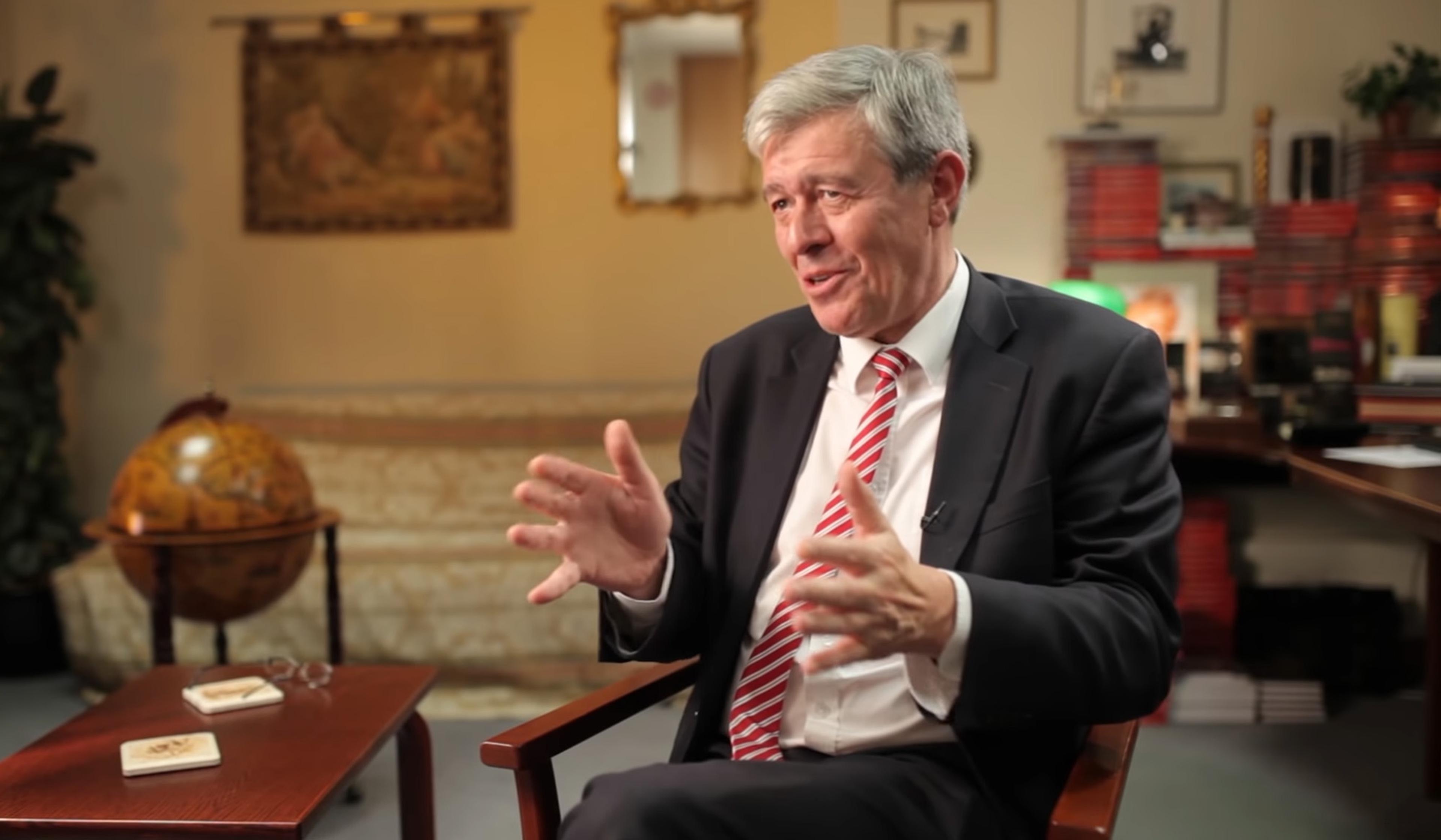The use of fMRI scans has revolutionised the field of neuroscience, allowing researchers previously hidden glimpses into human neural activity. However, as Thalia Wheatley, the Lincoln Filene Professor in Human Relations at Dartmouth College in New Hampshire, argues in this clip from the interview series Closer to Truth, fMRI research has thus far largely been limited to situations that don’t resemble real life – people laying in scanners while being flashed images of their loved ones, for instance. Working within the emerging field of social neuroscience, Wheatley believes the next step for researchers like herself is to create experiments that more closely resemble genuine social interaction. Offering one fascinating example of the kind of next-generation fMRI research that she and her colleagues are pursuing, she describes an experiment in which neural activity was found to be similar in subjects considering the concepts ‘close proximity’ and ‘close relationships’. This indicates something rather surprising about the brain – that it repurposes primitive circuitry to help us grasp abstract concepts, behave socially and navigate our complex modern worlds.
The brain repurposed our sense of physical distance to understand social closeness
Video by Closer to Truth

videoNeuroscience
What will we do when neuroimaging allows us to reconstruct dreams and memories?
4 minutes

videoMood and emotion
Contestants have five minutes in an fMRI to love someone ‘as hard as they can’
15 minutes

videoNeuroscience
What is your dog really thinking? MRI brain scans might soon provide the answer
7 minutes

videoCognition and intelligence
Leaping from firing neurons to human behaviour is tempting, but it’s a perilous gap
3 minutes

videoConsciousness and altered states
Why don’t we feel pain in dreams? The answer might lie in a new frontier of neuroscience
9 minutes

videoBiology
See and hear the human brain as you’ve never experienced it before
2 minutes

videoPhilosophy of mind
Embodied cognition seems intuitive, but philosophy can push it to some strange places
14 minutes

videoHuman evolution
Can a tiny slice of mouse brain help us understand the complex human mind?
3 minutes

videoNeuroscience
After a century of trying, have scientists successfully mapped the human brain?
2 minutes